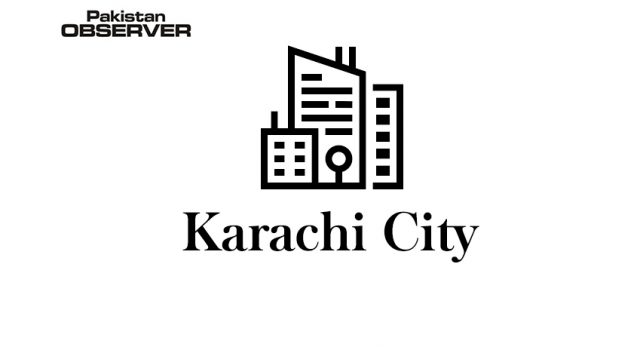Monitoring Desk The real Karachi is what it is today and not what it was before, renowned urban planner Arif Hasan said in a private TV programme on Monday. After the Supreme Court ordered the resumption of the Karachi Circular Railway and demolition of illegal buildings and encroachments, residents have been hopeful that the city will be restored to its former glory. Hasan, however, believes that the problem lies in the core. The government needs to start with the basics. “All the encroachments present in the city have been built out of need,” he said. “If you try to get rid of them without planning, the city will turn into a ruin and hundreds of people will lose their jobs.” Criteria should be set as to which encroachments are needed and which aren’t so that long-term and short-term plans can be devised for them, Hasan suggested. “Cities do not stay the same all the time, they keep changing. And Karachi has changed to what it is today.” According to Hasan, the biggest problem is that Karachi does not have institutions that work for its development. “The ones that did exist have been finished. Their management capacity has been killed,” he said. “A city is managed and if you can’t do that, things will never work.” The present institutions need to learn to manage the assets of the city. Hasan emphasised on issues that are overlooked by the authorities such as water problems, sewage problems, lack of treatment plants and traffic problems. “All of them need management,” he said. “Therefore, the need of the hour is to make institutions that can manage these problems. Making something new will just mean preparing for more disaster. “How can you start something new when what already exists in not right?” he questioned. The urban planner identified eradicating difficulties in managing assets as the first step of the process. “This will only happen when you have institutions where politicians, planners, managers and counselors can learn about the city and its problems,” he said, recalling the Metropolitan Training Institution built during Zulfikar Ali Bhutto’s tenure.










